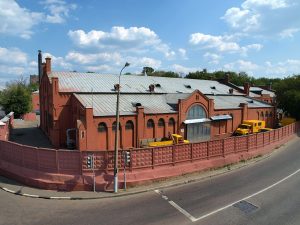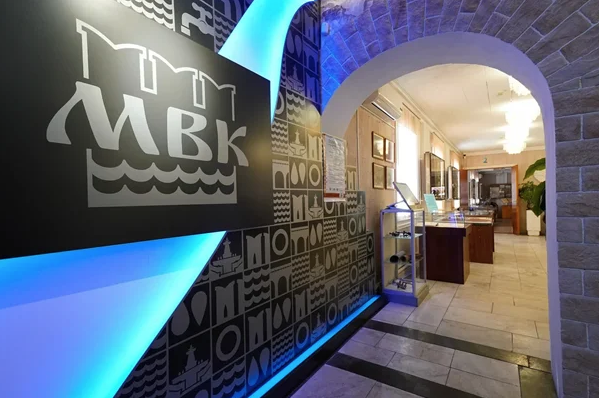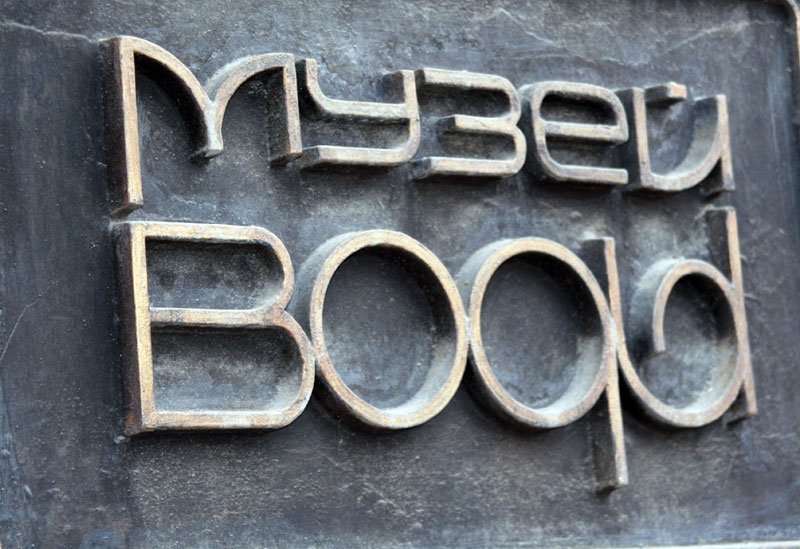Water Museum

The Great Patriotic War was a difficult time for the Soviet people, requiring a large-scale reorganization of the country’s economy on a wartime basis. Moscow’s water supply system faced serious challenges due to regular bombing and shelling, especially in terms of sanitation. In June 1941, the Water Supply and Sewerage Department in the capital was transformed into the 3rd Regiment of the Local Air Defence (MPVO), consisting of two battalions: Mosvodoprovod and the Moskvoretskaya Water Treatment Plant. The units were divided into companies, with Mikhail Nikolaevich Shestakov taking command of the regiment as its head. The entire staff of Vodokanal joined the regiment and was transferred to barracks. As soon as possible, the Rublevskaya and Vostochnaya water supply stations (formerly known as Stalinskaya) were put under military operation. All the objects were quickly camouflaged and repainted in protective colours. Camouflaging water intake structures proved to be particularly difficult, as an open water surface might have attracted the attention of enemy aircraft. The German command set the task of disabling key water supply facilities to deprive the city of drinking water, worsen the consequences of fires, and create panic among the population. The sewage system was also adapted to military conditions. Emergency services were reinforced, additional pumping equipment was installed, and mechanization was increased. These measures allowed for quick elimination of the effects of bombing in the second half of 1941. Repairs were even carried out on large collectors without interrupting wastewater intake. Some employees of the construction trusts were redirected to provide fire protection, while maintaining their salaries. Today, evidence of the heroic work of the employees of the Moscow Vodokanal during the war years can be seen at the Museum of Water. The museum’s exhibition contains unique materials that commemorate the selfless work of those who ensured the city’s survival in the most difficult circumstances of wartime.
Address: Moscow, Sarinsky ave., 13, building 5

